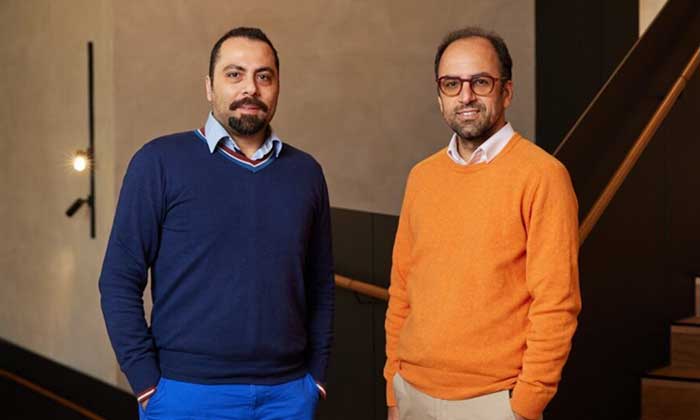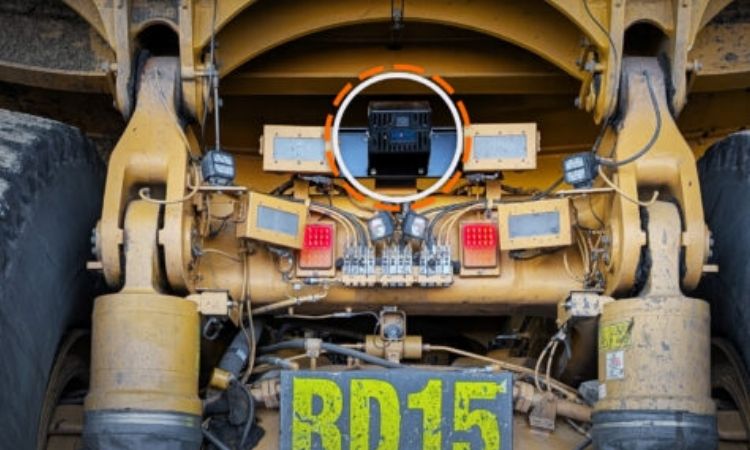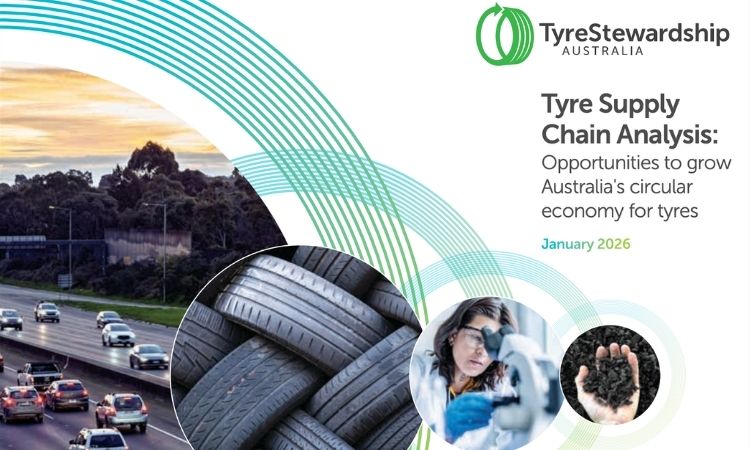Australian Porous Lane transforms end-of-life tires into durable and permeable pavements
Porous Lane, a pioneering venture led by Associate Professor Mahdi Disfani and Dr Amir Mehdizadeh, is revolutionizing the pavement and construction industry in Australia by transforming used tires from landfills into robust and permeable pavements. This technology aims to create flood-resistant cities, enhance water quality, and divert waste from landfills.
The founders, supported by the University of Melbourne's Translating Research at Melbourne (TRAM) programs, participated in the 2019 TRAM Track and are currently part of the 2023 TRAM Air cohort, focusing on refining their venture's investibility. Porous Lane's sustainable pavement mix, developed through extensive experimentation, combines recycled tires, rock, and a purpose-built binder, offering durability, permeability, and weather and traffic resistance.

Amir Mehdizadeh (left) and Mahdi Disfani (right), Co-Founders of Porous Lane | Photo by TRAM.
The team's transition from academia to entrepreneurship revealed the importance of delivering consistent results and being responsive to industry needs. The venture has gained traction, with successful trials in South Australia, strategic partnerships with institutions and organizations, and recognition, including the 2020 'Excellence in Sustainable and Environmentally Responsible Infrastructure Management' award. Porous Lane's roadmap includes establishing an advanced manufacturing system to scale up production, reduce costs, and ensure better quality control, contributing to the venture's mission of making the construction industry and cities more sustainable.
To find out more, proceed to the original article by Translating Research at Melbourne.
Weibold is an international consulting company specializing exclusively in end-of-life tire recycling and pyrolysis. Since 1999, we have helped companies grow and build profitable businesses.









